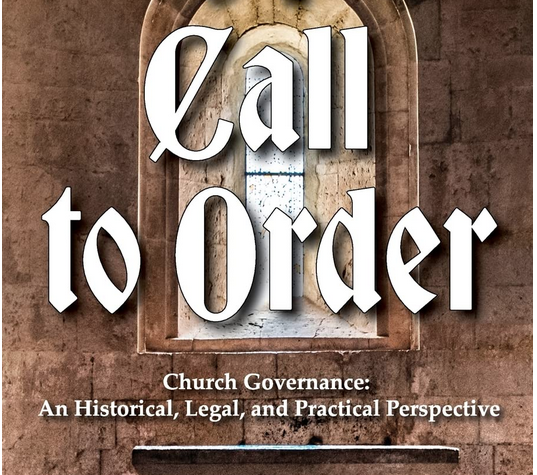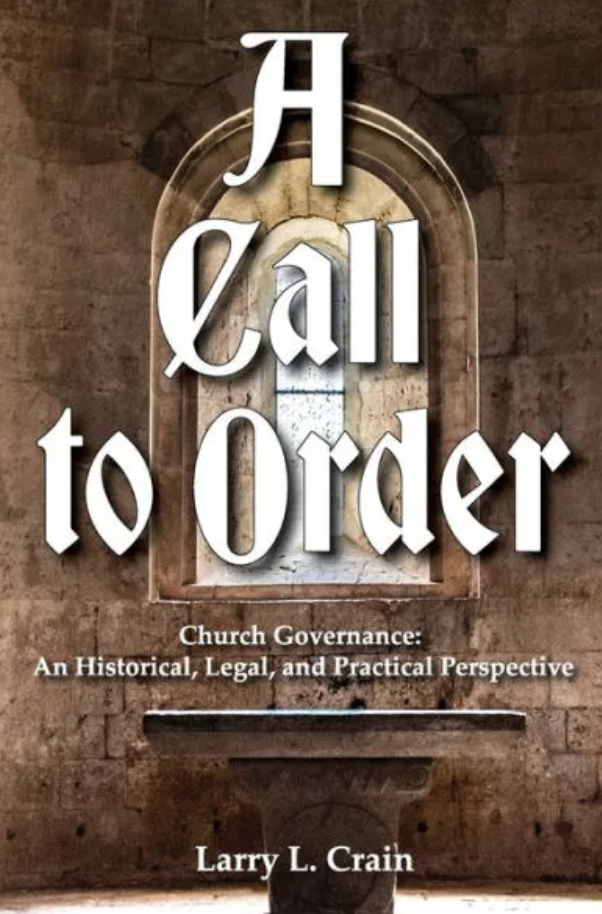Internal dissension in a church can be a destructive force regardless of the form of church government—be it episcopal, presbyterian, or congregational. We know this from centuries of church schisms and denominational splits. Church conflict knows no denominational lines. Despite this historical backdrop of church factionalism, sadly, many church leadership bodies give more time and attention to the color of the sanctuary carpet than to the need for organizational fitness. When it comes to formulating the constitution and bylaws of the church—which define the DNA of the church body—many churches approach this with casual indifference. They either blindly adopt the same boilerplate bylaws handed down generationally by their denomination or, worse yet, they refer to Scripture as their only source for resolving issues of internal disagreement.
The study of church governance is as broad and encompassing as church history itself. Beginning with the first act of church government, which was the apostles’ appointment of Matthias to replace Judas as one of their body of twelve, and continuing to the formation of the early church of the Book of Acts. Churches of all denominations throughout the millennia have been challenged to adopt and adhere to various forms of self-governance. It is one that balances the need for consistent, biblical, and sound spiritual leadership with the foibles of human frailty and the need for internal accountability.
A Call to Order begins with some actual cases I have litigated involving church conflicts. I have represented churches and church leaders for the better part of my legal career in a broad spectrum of legal issues. While we prevailed in virtually all of these courtroom battles, rarely does a church come out of the other side of a lawsuit the same. A lawsuit is, in many ways, a declaration of war, and every case involved a tough battle for survival. These deep wounds often takes years to heal.
In A Call To Order, I examine centuries of history in church government, tracing its early beginnings to the Book of Acts and the apostolic age (sometimes called “patristic” age) when local apostle-planted churches were spread across Asia Minor, Judea, and the Roman Empire. After Constantine, the Great Schism, and the later Protestant Reformation, notions of church governance continued to evolve through the Calvinist, Presbyterian and Anabaptist movements. Wesleyan revivalists sparked even further reforms to church governance approaches.
Finally, as should be apparent to anyone trained in theology and in possession of a seminary degree, I wrote this book from the perspective of a trial lawyer who has dedicated much of his practice advocating for religious liberty and the defense of the church. I am more an advocate than apologist. But I take solace in the fact that almost two-thirds of the New Testament was also written by a lawyer—Paul.
The book may be purchased through Barnes and Noble at this link:
https://www.barnesandnoble.com/w/a-call-to-order-larry-l-crain/1143071559
Larry Crain, Crain Law Group, PLLC –www.crainlaw.legal













